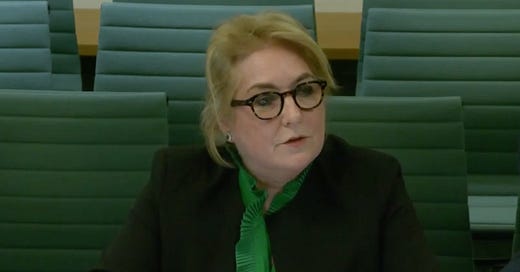Compliance with the rule of law is not cost-neutral, the lady chief justice of England and Wales told MPs yesterday.
Addressing the Commons justice committee, Baroness Carr of Walton-on-the-Hill said:
The foundation of the rule of law is a properly funded and a properly functioning justice system that delivers for our citizens… The rule of law is not fre…
Keep reading with a 7-day free trial
Subscribe to A Lawyer Writes to keep reading this post and get 7 days of free access to the full post archives.



